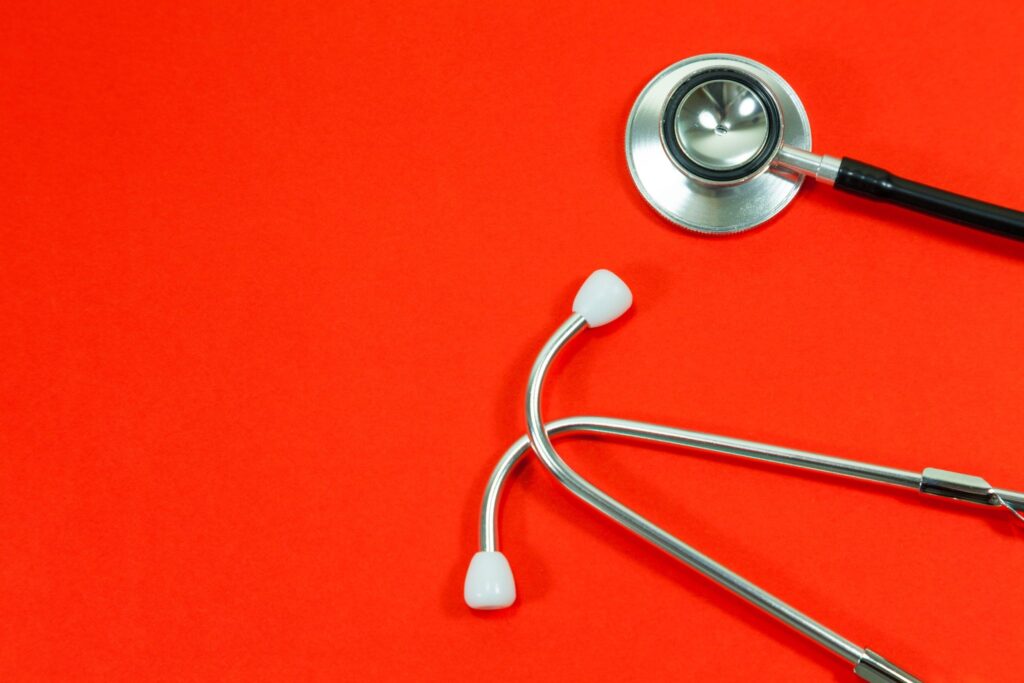In 2012, 8.4 million adults in the US were diagnosed with both a mental illness and a substance addiction.
Substance addiction is a problem all across our country. Many people suffer, but people with mental illness present a unique issue.
What is dual diagnosis? How can it help people that are dealing with addiction and mental illness at the same time?
If you or a loved one are dealing with this type of situation, know that there are people out there that care. Keep reading to find out more about what you can do and who may be able to help.
What is Dual Diagnosis?
Dual diagnosis is having both a mental illness diagnosis and a substance addiction diagnosis at the same time.
This can be difficult for medical professionals to know how to treat because the two conditions are often very intertwined with each other.
Due to the nature of the illnesses, it also may be extremely difficult for a person to be able to complete traditional drug or alcohol rehabilitation. The overlapping symptoms make it difficult for the mental illness to be treated effectively as well.
Knowing and understanding the different issues you are facing is important. You can learn to control all of the symptoms, behaviors, and external factors that are controlling you.
Dual Diagnosis Treatment
The best option for individuals in this situation is to complete a program at an integrated health program with the assistance of medical professionals, mental health professionals, and other support staff.
This will likely begin with an assessment of the overall condition. The knowledge and information that is obtained from the assessment help to inform decisions about treatment for the addiction first. In addition, the plan to treat mental illness can start to form as well.
Not only does having both diagnoses help the individual learn coping skills and life skills to take into other areas of their lives, but it helps them learn about aftercare as well. Relapse prevention is crucial in these programs.
How is Having Two Diagnoses Beneficial?
No one likes to hear that they are in need of treatment, but we all need help from time to time in some way. Understanding the nature of the issues you face and what is in store for your future helps you have the power to change.
When you are able to concentrate attention on all areas of the problem, which is both the substance addiction and the mental illness, you are more likely to recover.
Having two diagnoses helps treatment occur faster and be more effective as a program for many people. You can get help with creating a plan for treatment and going forward into your life, even after the treatment program is completed.
More Focused Care
Knowing and having information about all aspects of health helps us treat our bodies better. This comes with time, but it is important for overall recovery.
Professionals are going to have an easier time focusing their efforts on the specific parts of your care that need the most attention while still considering the other issues you face.
You’ll also find that a lot of people that try to treat one condition without treating the other are not going to be as effective. Treating both afflictions together helps to reduce the overall chance of the negative symptoms or behaviors showing up again.
Better Understanding of Health Condition
Holistically, a medical or mental health professional would consider the whole person. This includes mind, body, spirit, and soul. A holistic approach is comprehensive and this is what someone with a dual diagnosis truly needs.
If you are treating one problem without treating the other, the problems will end up flip-flopping between a person. One will be gone, but then the other will stay each time treatment is completed.
Treating everything at once, even problems a person may not know attribute to their issues is the best approach.
Normalization and Knowing Your Not Alone
Having a dual diagnosis of a mental condition and a substance addiction is not rare. In fact, many people around the country are dealing with this problem.
The way that you are feeling and thinking is likely similar to the way another person is feeling and thinking as well!
Although there are a lot of stigmas that come with mental health treatment or even taking medications, it is important to remember that you are not alone in your struggle. Your life is unique, but as humans, many of us face the same situations in our own way.
A counseling support diagnosis group or family counseling may be a good idea for some people that have a dual diagnosis and are in treatment. Having support from others is crucial in the recovery process, but it helps with relapse prevention as well.
What Should You Do Next?
When you are trying to handle a dual diagnosis, you need care that really understands you. You need a treatment program that focuses on you as a person, not just your conditions.
Finding a unique, holistic treatment program is a great first step to take. Working with professionals that care about you and know how to help will help you gain back control over your life.
What is dual diagnosis? It is an opportunity to become healthier.
If you want to find out more about the great benefits of choosing a recovery center near you, feel free to contact us to see what information we can give you. We would love to help you move forward with your life.
References:
- https://www.drugabuse.gov/news-events/news-releases/2014/01/severe-mental-illness-tied-to-higher-rates-substance-use
- https://www.drugabuse.gov/publications/principles-drug-addiction-treatment/frequently-asked-questions/how-do-other-mental-disorders-coexisting-drug-add
- https://www.nami.org/learn-more/mental-health-conditions/related-conditions/dual-diagnosis






